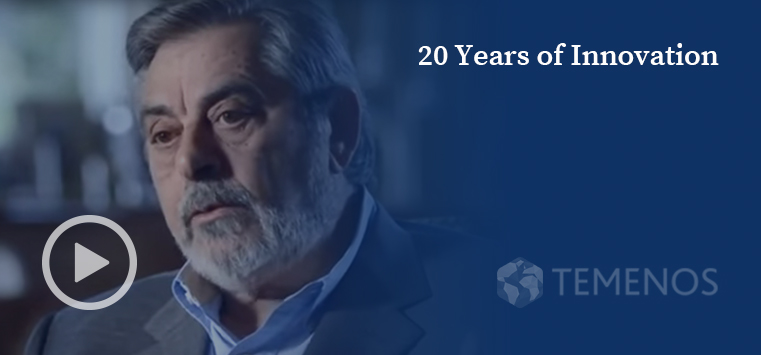
Law of the Antagonist
George Koukis Speaks Personally on
Using Enemy Fire to Strengthen Resolve
He told me he wanted to explore cooperation between our companies, but I knew from experience and reputation the way this man ran his business. It was unethical, unfair, and corrupt. I asked him to explain further what he meant by “cooperation.” He rested his spoon on his saucer and smiled. “We would like to acquire you.”
“Temenos is not for sale,” I replied. “But if you are here to make a deal, why don’t you sell me your business?” I remember vividly that he was so taken aback by my statement—and my failure to acquiesce to his arrogance and bullying—that he spilled his coffee all over the pristine tablecloth.
After a few moments of expressive anger that showed much more accurately who this man really was at his core, he hissed, “I am a one billion dollar corporation, and you are nothing more than an insignificant, piddling little company. You have nothing and in twelve months’ time will probably not even be around! Besides, where would you even find the money?”
Emboldened and laser focused by the hubris and sheer rudeness of his statements, I said calmly, “Temenos will defeat your business by winning any competition we have against you.”
In time, my words proved true—almost prophetic it seemed. In climbing to the top rankings within our industry, Temenos not only survived, but grew and thrived, frequently bringing his former clients right along with us as we eclipsed him and his business.
Practical Application for Ethical Leadership
From Adversary to Advantage—the Law of the Antagonist



